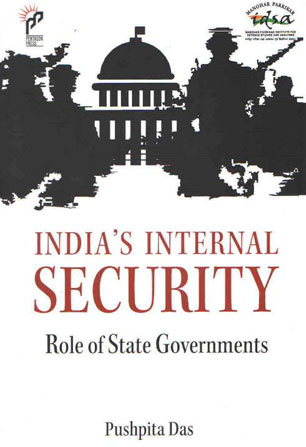Examining the Maoists’ attacks in Jeeram Ghati
Jeeram Ghati area is part of the Maoist's annual Tactical Counter Offensive Campaign. 2014 is a significant year on two counts: one, it is the tenth year of formation of CPI (Maoist) that requires a show of its strength and lethal prowess, and two, that general elections, scheduled in April-May, need to be disrupted. It, therefore, does pose a serious challenge to the security forces in the immediate future.
- V.K. Ahluwalia
- March 27, 2014









